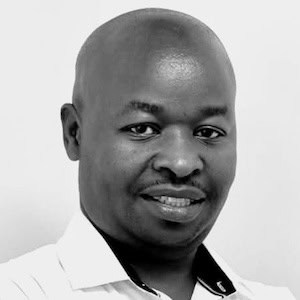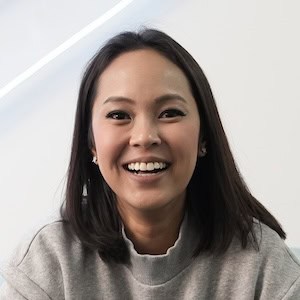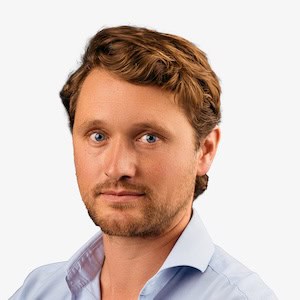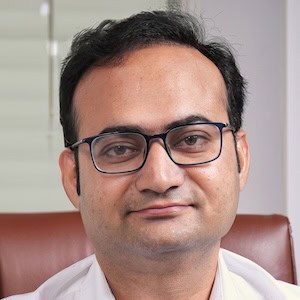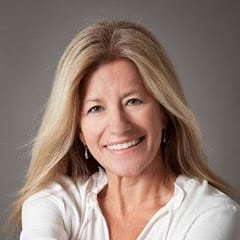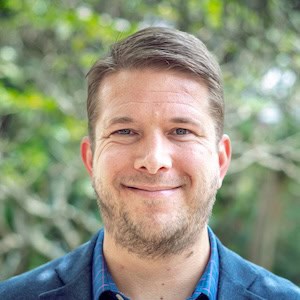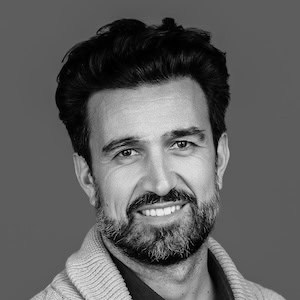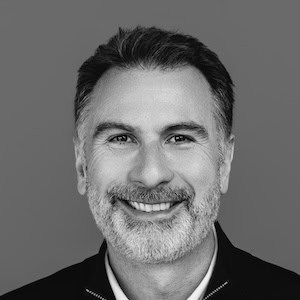-
The Teacher-Researcher Divide: How Can Educators in Emerging Markets Make Better Use of Data?
Despite an explosion of high-quality research into K-12 learning outcomes in emerging markets, the data from those studies can be hard to interpret, leading educators to defer to their own experience and/or that of their peers instead. As a result, the best evidence on methods and strategies often goes unused by teachers. Sean Geraghty of the private school operator Bridge International Academies considers a recent partnership with the Liberian government and asks: How can educators truly incorporate the latest research into their lessons?
- Categories
- Education, Impact Assessment
-
Failure to Thrive: Nigeria’s Digital Financial Services Industry is Struggling – Can These Policy Solutions Help?
Nigeria leads all other emerging economies with 21 licensed mobile money operators. But high levels of unbanked and underbanked citizens have led to poor adoption rates for digital financial services. The Sustainable and Inclusive Digital Financial Services (SIDFS) initiative of the Lagos Business School has been studying ways to improve customer access and product development. In recently published research, Olayinka David-West and Ubukun Taiwo, both of LBS, reveal six policy recommendations for regulators that could help DFS to thrive in Nigeria.
- Categories
- Finance, Telecommunications
-
Better Neighborhood, Better Life: What Research Shows About Investments in Equitable Development
Research shows that a child's neighborhood impacts professional outcomes and earnings, and that environment plays a role in exacerbating racial inequality. That's why JPMorgan Chase is working with lenders across the U.S. on a new approach to community development – one focused on neighborhood revitalization. Colleen Briggs discusses Partnerships for Raising Opportunity in Neighborhoods, a $125 million, five-year capital commitment to help communities fuel economic growth.
- Categories
- Finance, Impact Assessment
-
Tackling Poverty Close to Home: Why Acumen is Boosting Financial Health in the U.S.
More than 40 million Americans live below the poverty line, and a majority live paycheck to paycheck. That's why, after nearly two decades and over $110 million of impact investments in Africa, Asia and Latin America, Acumen has expanded its focus to include the United States. Amon Anderson and Sarah Willis discuss how Acumen America, through its financial inclusion portfolio supported by MetLife Foundation, aims to build a future where low-income Americans enjoy stability, protection and prosperity.
- Categories
- Finance, Investing, Social Enterprise, Technology
-
We’re Undervaluing Value Addition: How Ag Processing Will Fortify Food Security, Incomes and Development
The world's cocoa farmers get only 3 percent of the value of a chocolate bar, and Africa, home to 60 percent of the world’s arable land, is a net importer of food that could be processed at lower cost on the continent. The problem is that agriculture producers in emerging markets grow the crops only to watch as others grab the profits. The solution, says Donna Rosa, is to improve the solid food processing industries in developing countries.
- Categories
- Agriculture, Social Enterprise
-
The Demonetization Crisis May Be Over, but the Time for Tech Upgrades in Indian Microfinance Is Now
India's 2016 banknote demonetization sent shockwaves through the country's microfinance sector, causing MFIs to write off US$ 1.1 billion in bad loans. In response, cash-dependent MFIs stepped up investment in fintech – but now that the crisis has passed, so perhaps has their sense of urgency. Elliot Rosenberg of Awaaz.De argues that the need to embrace tech is as strong as ever.
- Categories
- Finance, Investing, Technology
-
WASH Away Inequity: Lack of Access to Safe Water is the Most Crippling Obstacle Limiting Human Potential
On World Water Day, consider that 844 million people (nearly 1 in 9) lack a drinking water source that is accessible within a 30-minute round trip from their home. But though this problem can be solved by installing a tap or rain harvesting system, the upfront cost of up to $200 is often prohibitive for people living in poverty. Water.org co-founder and CEO Gary White highlights the power of the poor, when given affordable financing, to provide their own solution to the global water crisis.
- Categories
- Environment, Investing, WASH
-
Egypt on the Precipice: Can Fintech Pave the Way for a More Inclusive Financial System?
Financial inclusion in Egypt has persistently lagged behind similar economies for decades. But the country now has all the hallmarks of a market ready to leapfrog: a young population, an enthusiastic embrace of social media, and more mobile subscriptions (110 million) than its population. Sarah Willis of MetLife Foundation and Mayada El-Zoghbi of CGAP lay out four criteria that Egypt must meet to bring meaningful financial services to its low-income communities.
- Categories
- Finance


